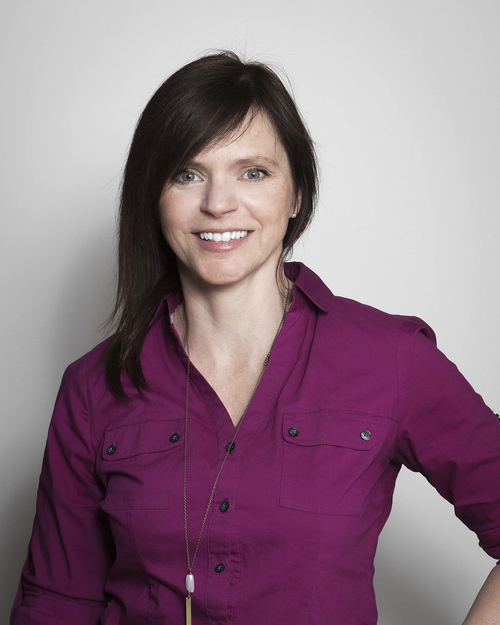Beyond the Physical: Yoga as Therapy at Reset Wellness
/YOGA AS THERAPY
Yoga Therapy is an exploration of "embodied mindfulness" to help you get connected to your body, and improve your stress coping mechanisms.
YOGA FOR ANXIETY, STRESS & TRAUMA RECOVERY
This practice was developed to offer a process of self-discovery. Yoga Therapy addresses both psychological and physical issues, such as stress, anxiety, trauma and pain in your body and mind.
The process itself is defined by you and the kind of support you need, whether it is emotional, physical or spiritual. It teaches strategies for managing stress reactions, building on coping skills, learning about your body and how you are in it.
Yoga for Anxiety, Stress and Trauma compliments traditional psychotherapies and physical therapies by supporting the mind-body connection.
Our yoga therapist Shari Arial PTSD & Trauma Informed yoga therapist. Shari facilitates a safe space for noticing yourself and how you are in your body, so it is a natural process for you to make your own connections about thought and body stress.
WORKSHOPS
Every month you can unfold and connect to your body and mind in our specialized Yoga for Anxiety, stress and Trauma, and Mind-Body Meditation workshops. Visit our Classes page for updated workshop dates, more info and online registration.
Workshops consist of small group sizes (max 5), and a chance to notice your thoughts and body during a gentle yoga practice. Insights shared are open-ended and non-directive.
PRIVATE SESSIONS
Yoga for Anxiety, Stress & Trauma private sessions are a 60 minute
empowering practice providing a private space to acknowledge psychological and physical energies that may be stored in the body.
Psychological methodologies are used in combination with gentle movement, breath-work and mindfulness techniques. The therapeutic goal is to promote a sense of safety within the body and support the nervous system coming back into balance.
BENEFITS
Reduce stress and tension within the body
Regulate the nervous system
Learn how anxiety, stress and trauma may be affecting your body
Learn take home coping skills
Compliments traditional psychotherapies and physical therapies by supporting the mind-connection
WHAT A SESSION LOOKS LIKE
You are facilitated through an experience of yourself in the present moment. And whatever happens in the present moment - physically, emotionally, intellectually and spiritually finds richness in relationship to the bigger picture of how you are being in the world in daily life - work, play, family and relationships. Using age old yogic and modern therapeutic approaches to deepen awareness, acceptance and presence.
PRICES
$40 / Workshop
$110 / 60 minute private session
Private sessions are available to a single person or two people.
Prices exclude GST
WHAT PEOPLE ARE SAYING:
”Where has this been my whole life. Thank you.”
”I can’t believe how quickly things changed when using these tools.”
”Shari is amazing at holding space and I feel totally at ease with her.”
”I love that I have this time to just “be” with myself and work through things.”
”I didn’t know yoga could be like this.
MEET OUR YOGA THERAPIST
PTSD & Trauma Informed Yoga Therapist











![Self-regulation “control [of oneself] by oneself"](https://images.squarespace-cdn.com/content/v1/55563e14e4b01769086817cb/1542845645966-PO2HGKF5JLUBM45UIWQ3/wee-lee-790761-unsplash.jpg)





















